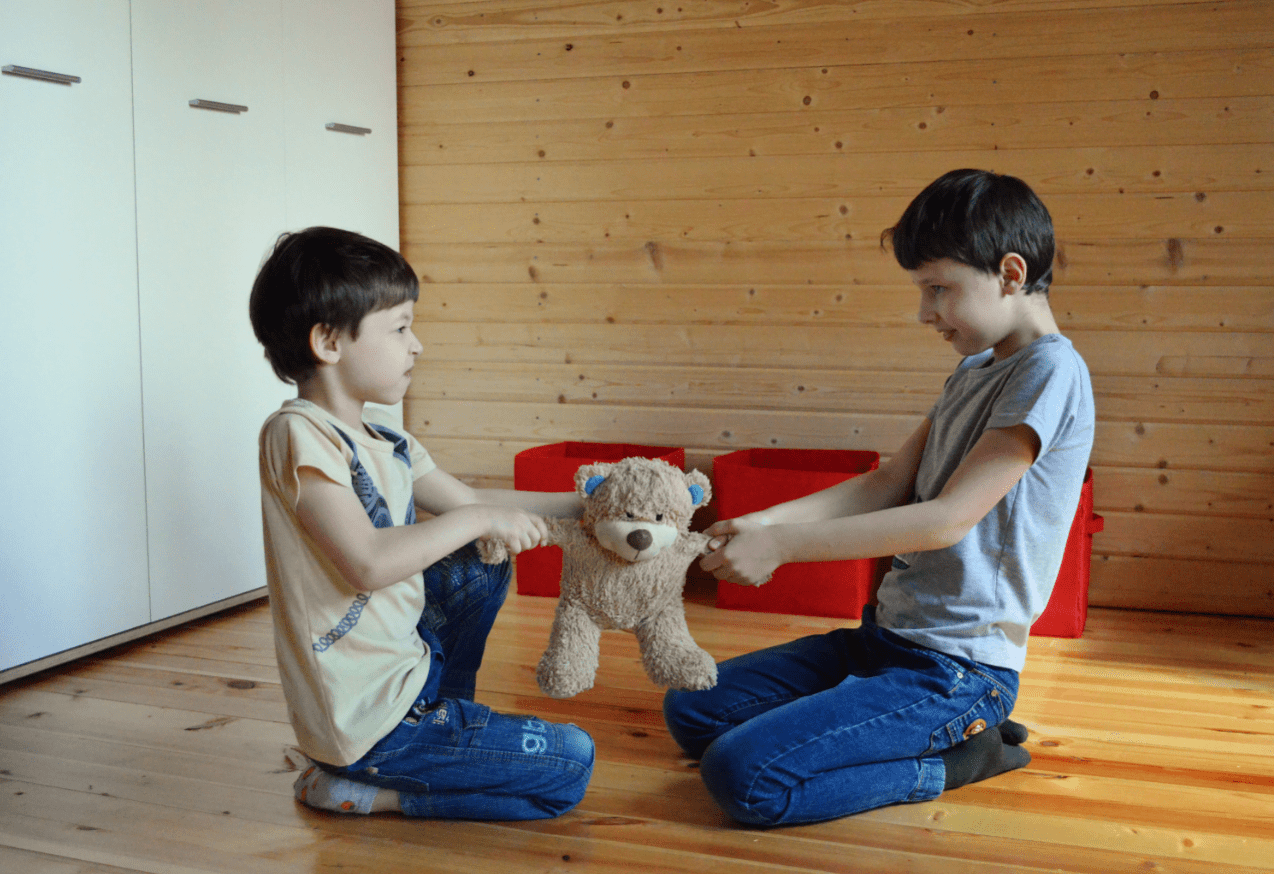Self-control in children describes a set of regulatory and disciplinary guidelines they need to stay calm and reflective when faced with life challenges.
Self-control allows them to reflect wisely on their emotions and words before they respond and act.
What happens is that they get to use their inner strengths to refrain from negative responses and actions, that are usually based on anger and impulses.
While self-control sounds nice to the ear, it is a hard skill to master even for grown-ups. It calls for deliberate regulation of our otherwise volatile emotions and actions.
Take the following situations for example, which can happen due to a lack of self-control:
- We tend to quarrel over trivial matters.
- We engage in useless physical fights.
- We are irritable and restless in a queue and traffic jams.
- We indulge in impulsive shopping.
- We are inconsistent with routines.
- We leave everything to the last minute.
The list is endless and God knows if any one of us has the complete inhibitory control in place.
Much as self-control is tricky to master, it is worse when we choose to ignore it. Most often than not, we become a nuisance to ourselves and society at large.
The book of Proverbs 16:32 says,
Better a patient person than a warrior, one with self-control than one who takes a city.
Self control and other mental skills
Self-control is only one of the three types of higher-level mental skills referred to as executive functioning skills. The other two are cognitive flexibility and working memory. The three skills help us to manage, recall, and control tasks, actions, behavior, and emotions.
These skills are not inborn but rather we learn them during childhood and continue to do so until we are adults.
A child’s experiences in life and the guidance from parents, educators, and others in the community contribute to the correct development of executive functions in the brain.
Self-control in action!
Self-control is developed by managing motor control, impulse control, and emotional control:
In motor control, our brain is charged with the regulation of movements, to help us stay still. By doing so, we avoid disrupting events and occasions such as meetings and other occasions.
The impulse control faculty of the brain checks our vulnerability to sudden and unplanned desires and actions. When you pass by a shopping mall to purchase a cutlery set and end up with a cart full of pizza and other eats, you are a victim of impulse buying.
Our ability to control how we feel and respond when children go into crying fits describes the state of emotional control.
While your response may involve cuddling and trying to calm down the child with positive emotions, another parent may feel frustrated and lash out with anger.
What are the indicators of poor self control in children?
Mastering self-control allows children to STOP and THINK before they do something they may regret, or miss out on something bigger. This gives meaning to the phrase – think before you act.
A popular experiment called the ‘Marshmallow test‘ best explains the state of self-control and delay of gratification in children.
In this experiment, a child is asked to choose between a pack of two marshmallows, and a single marshmallow – all placed before him on a table.
Usually, the child will opt for the two marshmallows only to be told he has to wait for the experimenter to return in about 15 minutes.
In the event that the child cannot wait for the return of the experimenter, he can signal him to return early, but instead of the two marshmallows, he will only get one.
On the other hand, if the child has the willpower to hold on for the stipulated 15 minutes, he will have exhibited a strong sense of self-control.
Of course, some experts argue that affluence rather than willpower is the reason behind the delay in gratification.
Below are only a few daily experiences and moments that can explain the development of regulatory skills in your child:
- Stays calm as she waits in a queue
- Does not talk back to you out of anger
- Is patient with a naughty and young sibling
- Raises her hand in class before answering a question
- Waits for her turn to speak in a conversation
- Avoids distractions during an assignment
- Allows siblings to have a go at a computer game
- Is mindful of how others feel
- Reads instructions before answering a question
- Does not rush to grab food at the dinner table
What you can do to improve self inhibition in children
While it is true that very young children lack the willpower to control how they feel, the older ones starting at 3 are ready to manage self-inhibition.
The following are simple strategies that parents, caregivers, and the community can use to create a strong sense of self-consciousness, and therefore, inhibition in children:
- Become a model of self-discipline upon which your child can learn and understand self-control. You are better placed to instill discipline when you are calm and patient.
- Make a habit to discuss the virtues and consequences of failure to control unnecessary desires. Your child will not know what is wrong until told so.
- Keep temptations away by ensuring all the goodies that your child craves are out of sight until needed. These include toys, TV remotes, smartphones, marshmallows, etc.
- Provide scaffoldings and other structures to help guide your child.
- Implement and adhere to routines and guidelines about what to and not to do at different times of the day, and days of the week.
- Give praise and reward positive self-control. For example, you can promise extra screentime in the event your child completes homework on time or wakes up at the right time in the morning. Of course, the rewards should stop when the child masters the required skill sets.
- Allow your child to play self-control-related games that enhance positive regulatory behavior. Games such as Freeze Dance, Red Light, Green Light, Hide and Seek, Mirror Mirror, Dancing, Role Play, etc.
In conclusion
Be assertive and supportive of your child’s failures on the road towards effective self-control. Some children will master the skills fast enough while others will falter along the way. This is only normal and positive results will happen with time and persistence.





Leave a Reply